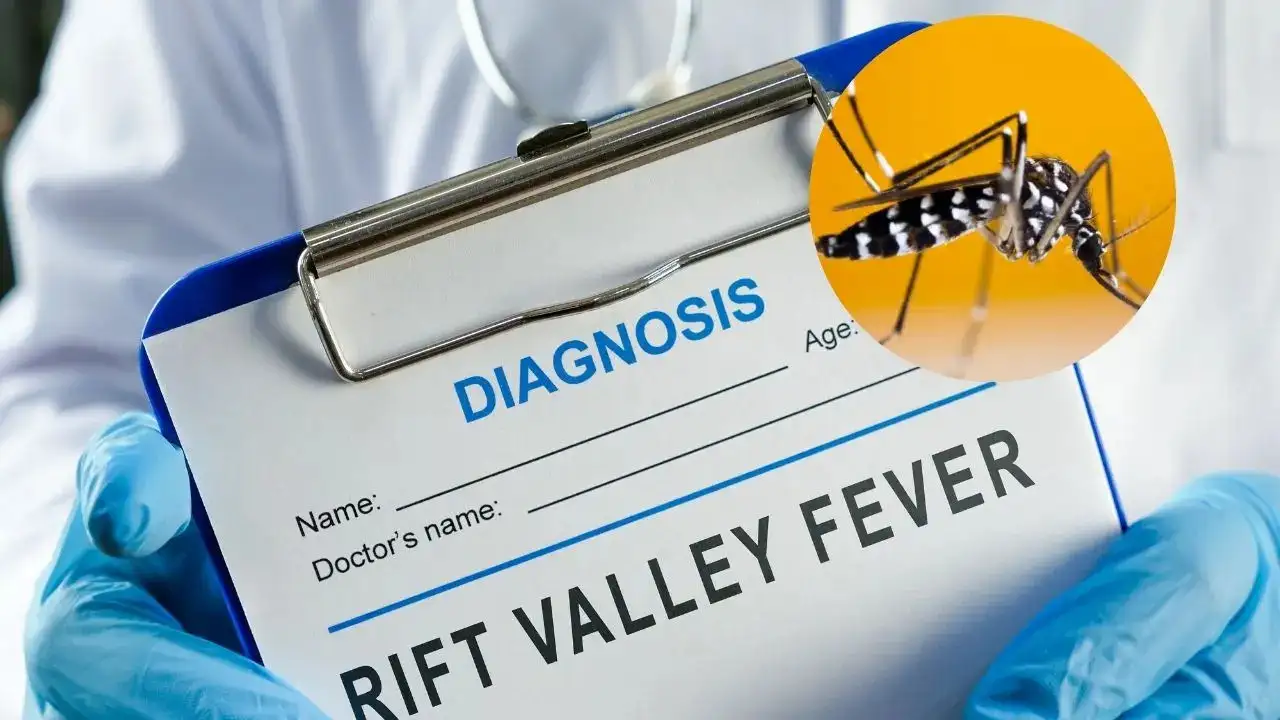
Senegal has confirmed its first case of Rift Valley Fever (RVF) in the capital, marking a concerning milestone in the country’s ongoing outbreak.
The Ministry of Health and Public Hygiene reported the case Thursday in the Keur Massar district, signalling the virus’s spread beyond the northern regions where it has been most prevalent.
“Rift Valley Fever is primarily transmitted by mosquitoes and through contact with infected animals,” the ministry noted, highlighting the urgency of containment measures as the disease reaches urban populations.
Since the outbreak began, Senegal has recorded 196 confirmed cases of RVF, including 21 deaths and 147 recoveries, according to official figures as of October 15.
The northern region of Saint-Louis remains the hardest hit, with 179 cases. Richard-Toll alone accounts for 105 infections, followed by Saint-Louis district with 54 cases, Dagana (13), Pété (4), and Podor (3).
Other regions have also reported cases. Matam in the northeast has eight cases across Thilogne (4), Kanel (2), Ranérou (1), and Matam town (1). Louga in the north recorded six cases, while Fatick in the centre-west reported two infections.
Authorities have stressed that urban populations, particularly in Dakar, must remain vigilant. “Collaboration with health workers and community outreach teams is crucial to prevent further spread,” the ministry said, urging citizens to adhere strictly to preventive measures.
In parallel, Senegal continues to monitor a resurgence of monkeypox (Mpox). Since the first case was confirmed on August 22, the country has documented six confirmed and two probable cases, all in Dakar. Eight patients have recovered, and no deaths have been reported. Twenty-two contacts remain under medical surveillance.
The simultaneous presence of Rift Valley Fever and Mpox has prompted health authorities to issue repeated warnings. Officials emphasise hygiene, reporting of suspected cases, and community cooperation as central strategies to contain these emerging health threats.
As the RVF outbreak reaches Senegal’s capital, public health experts caution that early detection, rapid response, and community engagement will be critical to preventing further urban transmission.



